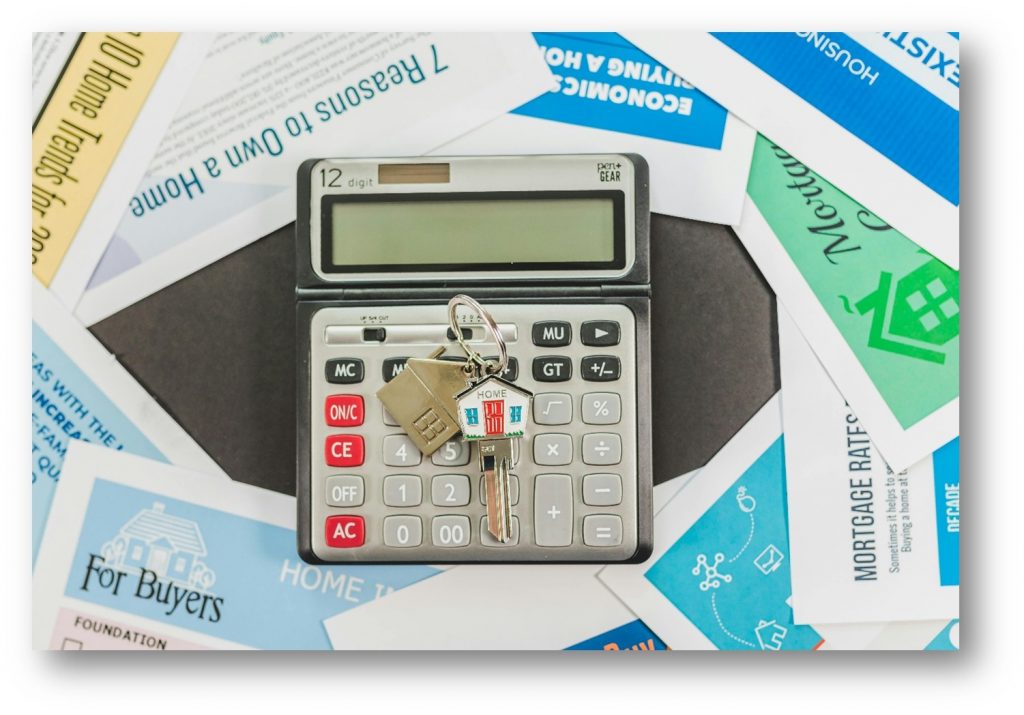The Emotional Rollercoaster of Homebuying

When we talk about buying a home, we focus on credit scores, interest rates, and down payments. But there’s another, equally powerful force at play: your emotions. The process is a profound emotional journey, a rollercoaster of excitement, anxiety, hope, and frustration. Recognizing and preparing for this reality is not a sign of weakness; it’s a strategy for making clearer, more confident decisions.
Acknowledge the Ride: It’s Normal to Feel Everything
First, give yourself permission to feel it all. The high of finding “the one,” the crushing disappointment of a rejected offer, the stress of the inspection report, and the fear of such a monumental commitment. These feelings are universal. The goal isn’t to eliminate them but to understand them so they don’t drive your decisions. When you name the emotion “This is anxiety about the unknown,” or “This is excitement clouding my judgment” you regain a measure of control.
Build Your Emotional Safety Team
You wouldn’t navigate complex financial documents alone; don’t navigate complex emotions alone either. Your support team is crucial.
- Your Real Estate Agent: A great agent is a psychological buffer. They provide reality checks, manage expectations, and deliver news with context. Lean on their experience; they’ve seen this emotional cycle countless times.
- Your Trusted Circle: Have a pragmatic friend or family member you can vent to or who can ask, “Is this a heart decision or a head decision?”
- Your Financial Guide: Uncertainty about money is a huge stressor. Knowing your numbers are sound provides an emotional anchor.
Create Guardrails Before the Emotions Hit
Make your biggest decisions when you’re calm, not in the heat of the moment.
- Set Pre-Search Boundaries: Determine your absolute maximum budget and must-have home criteria before you start looking. This creates a rational framework that can hold firm when emotions try to push you beyond your limits.
- Practice the “Pause”: Before reacting to a stressful moment (a bidding war, an inspection issue), institute a mandatory pause even just an hour to let the initial emotional wave pass before deciding.
- Focus on Controllables: You can’t control the market or another buyer’s offer. You can control your preparation, your budget, and choose a diligent inspector. Redirecting energy to actionable steps reduces anxiety.
Embrace the Marathon, Not the Sprint
Homebuying is often a marathon of waiting for approvals, for responses, for closing dates. This waiting period is a prime time for “buyer’s remorse” or anxiety to creep in. Expect it. Use this time for practical tasks like measuring furniture or researching utility providers, which can channel nervous energy into productive excitement.
Understanding that homebuying is an integrative process equally logical and emotional is key to a healthier experience. The financial wellness resources provided by your employer, including access to partners like Advantage Home Plus, are designed to address both sides of this equation. By providing clarity on the numbers and supportive, judgment-free guidance, these resources help stabilize the emotional rollercoaster, ensuring you feel informed and supported at every turn. Schedule your free consultation today to explore your path to homeownership.













